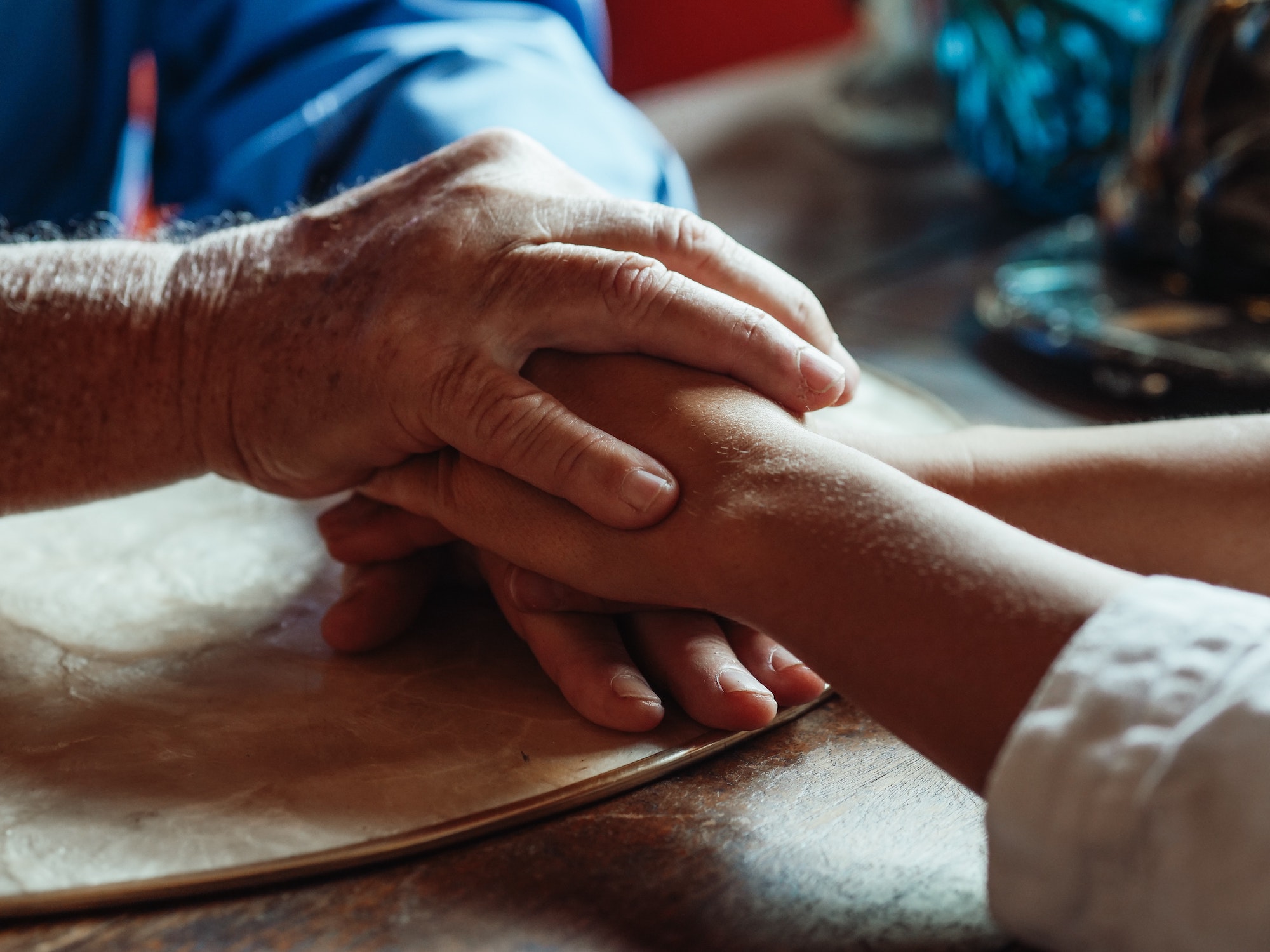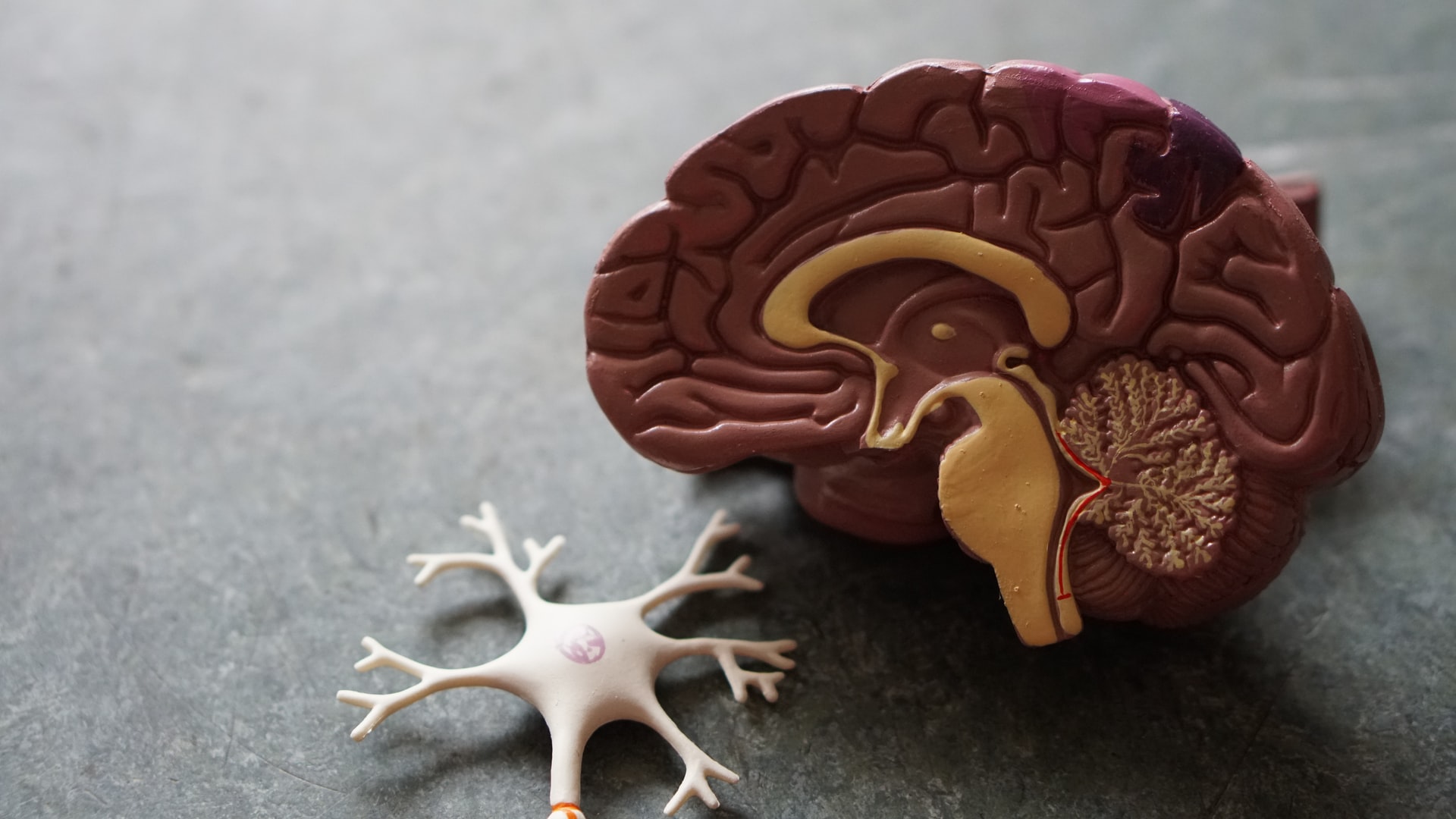Meals to Help Slow Down Dementia
What to eat, what to eat?: A look at different meals that may carry benefits to slowing cognitive decline for those with dementia Everyday we wake up and one of the first things we do is eat our breakfast. Later on we have some snacks or our lunch, and as the day goes by we eventually make ourselves dinner. We do this because our bodies need energy to keep us going...
What Are The Different Types of Dementia?
This post is the first of many in a series about understanding the various types of dementia and how each one impacts an individual after diagnosis. We acknowledge that there are over 400 different types of dementia, we will be focusing on some of the more common ones as well as some of the not so common dementias that are affecting many people today. In this first post we will...
Wandering and getting lost
Dementia Behaviour: Wandering This is the final installment on the most common behaviours we see when caring for a loved one with dementia. As we know the disease can cause us to lose our ability to recognise familiar faces and places. People with dementia can wander and get lost at any stage of the disease. Sixty percent of those with Alzheimer’s wander at some point. Some of us want to go...
Dementia Behaviours: New Suspicions
Dementia Behaviours This is our fifth blog on behaviours, and this is one I dealt with personally. Before I tell you my personal experience. I think we need to understand that people with dementia may become suspicious of those around them. Even saying they have stolen from them, or if speaking to their spouse, they may accuse them of infidelity. Delusions which are firmly held beliefs in things that are not real...
Repetitive Actions
This is our fourth blog about behaviours and how we as caregivers should respond to said behaviours. Have you ever noticed that your loved one may be saying or doing the same thing over and over – like repeating a word, question, or activity. You may find yourself getting frustrated and saying something to the effect of, I just answered you two seconds ago, why are you repeating the same...
Forgetfulness and Confusion
This is our third blog in a series on behaviours. Forgetfulness and confusion in the later stages of the disease, will present itself as your loved one not being able to remember familiar faces, places, names, or things. In the earlier stages of the disease, it may be mild, and the person may have trouble remembering recent events making decisions or processing what is said by others. They may even...







